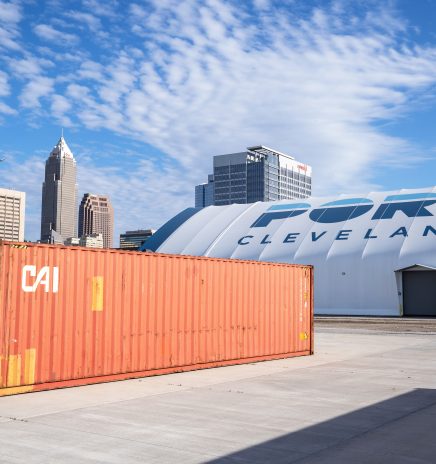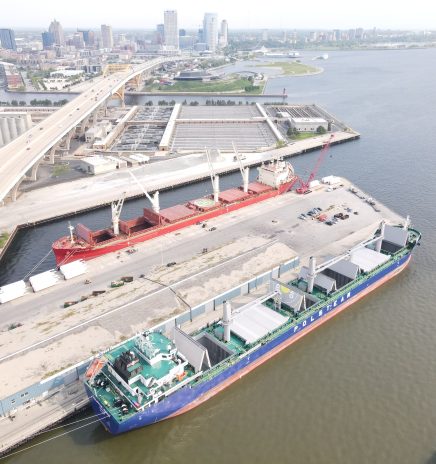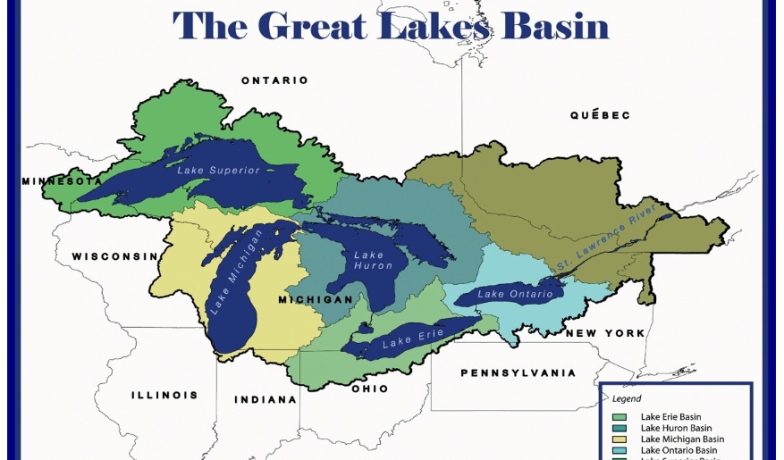AGL’s Ideas for Better Water Planning
The AGL suggested a series of proposals to help complete water-project information.
Regional Policy Recommendations
- Conduct water demand studies to gain a better understanding of supply and demand vs. environmental and ecosystem needs.
- Collaborate more fully regarding watersheds that cross state lines.
- Require large water-using industries to track and report water use so that this data aligns with the Great Lakes Regional Database and provides an apples-to-apples comparison of water use.
- Consider the convergence of increased demand from all sectors and expand and strengthen registration requirements and consumptive use permits.
- Implement efficiency standards tailored for large water users.
Policy Recommendations for Great Lakes States
Ohio: AGL suggests that Ohio’s Department of Natural Resources (ODNR) should adopt rules governing groundwater stress areas, before aquifer and groundwater crises and conflicts occur.
Michigan: Require, not just encourage, formation of “water users committees” to evaluate the current status of water resources, water use and trends to inform long-term planning. AGL suggests these committees are a good model for other states.
Minnesota: Currently, the Department of Natural Resources can establish water appropriation limits to protect groundwater and water quality. However, AGL cites a number of conditions to this oversight that, in fact, impede best practices.
Illinois: AGL writes that Illinois needs to develop a centralized system of groundwater management for registration, permitting and well siting. Currently, Soil and Water Conservation Districts can recommend best practices, but their role is largely advisory.
Indiana: The Department of Natural Resources can regulate water withdrawals and establish restricted use areas, but that is a lengthy process that requires extended analysis, and AGL writes that Indiana is “currently very limited” in preventing negative impacts.
Wisconsin: For high-capacity wells, the Wisconsin Department of Natural Resources can deny permit applications and impose operating conditions, but AGL writes that because Wisconsin’s approach to groundwater management is “very permit driven,” Wisconsin lacks the ability to curb or halt groundwater use before impacts to aquifers or surface waters occur. AGL suggests that Wisconsin amend its statute and regulations governing groundwater management and protection areas to better avoid adverse impacts that are likely but have not yet occurred.
Image courtesy of the Ohio Department of Natural Resources

Port of Cleveland Receives $4.1 Million in State Grants to Strengthen Infrastructure
The Cleveland–Cuyahoga County Port Authority (Port of Cleveland) has been awarded $4.2 million through the Ohio Maritime Assistance Program (MAP), a competitive Ohio Department of Transportation (ODOT) grant program supporting... Read More

Port Milwaukee Awarded $1.4 Million for Infrastructure Upgrades
The Wisconsin Department of Transportation (WisDOT) has awarded more than $1.4 million in Harbor Assistance Program funding for Port Milwaukee to support infrastructure improvements on Jones Island. The grant will... Read More

